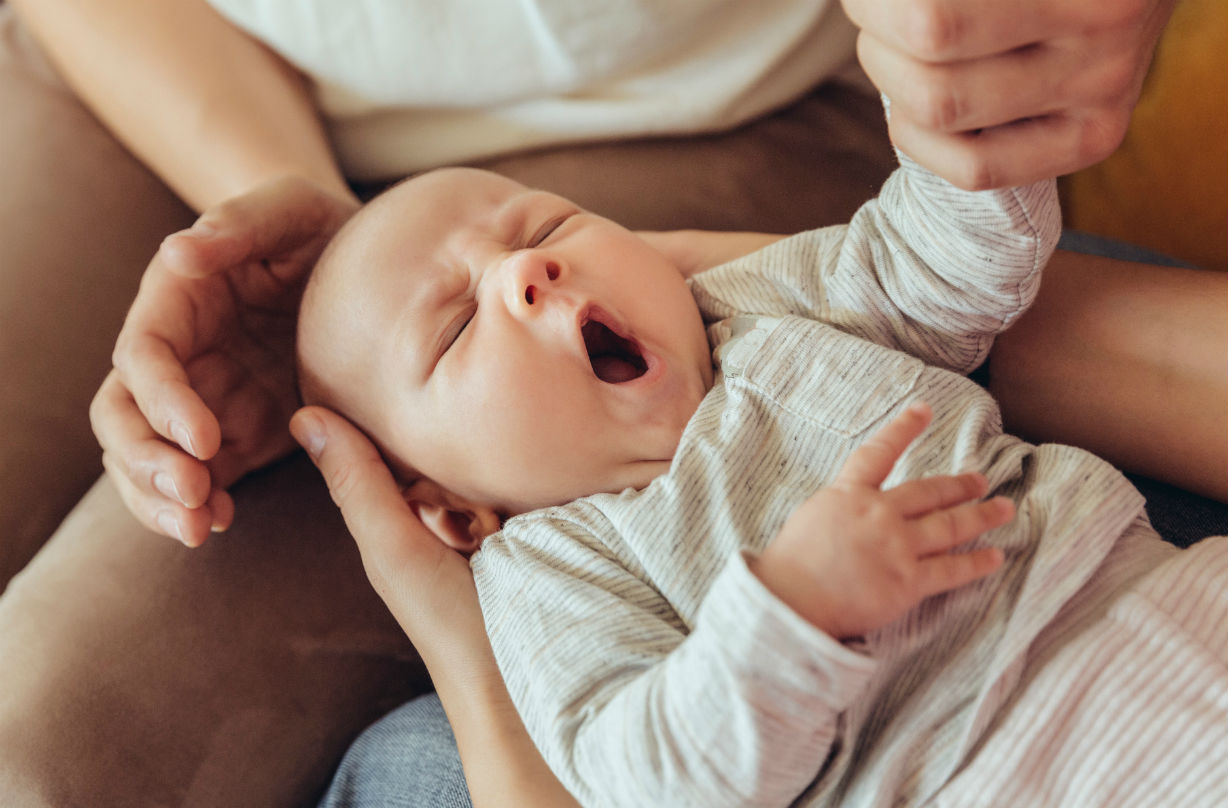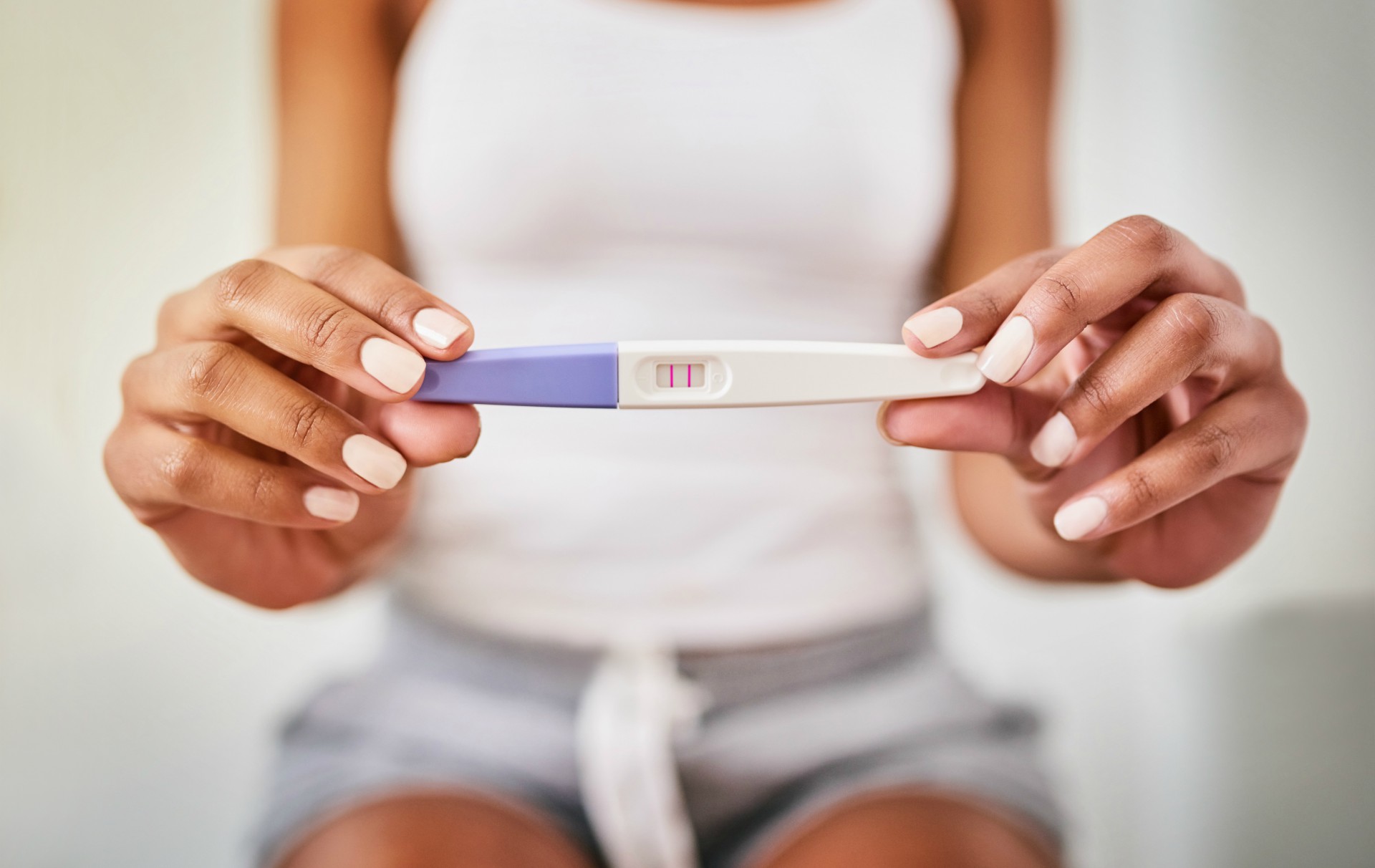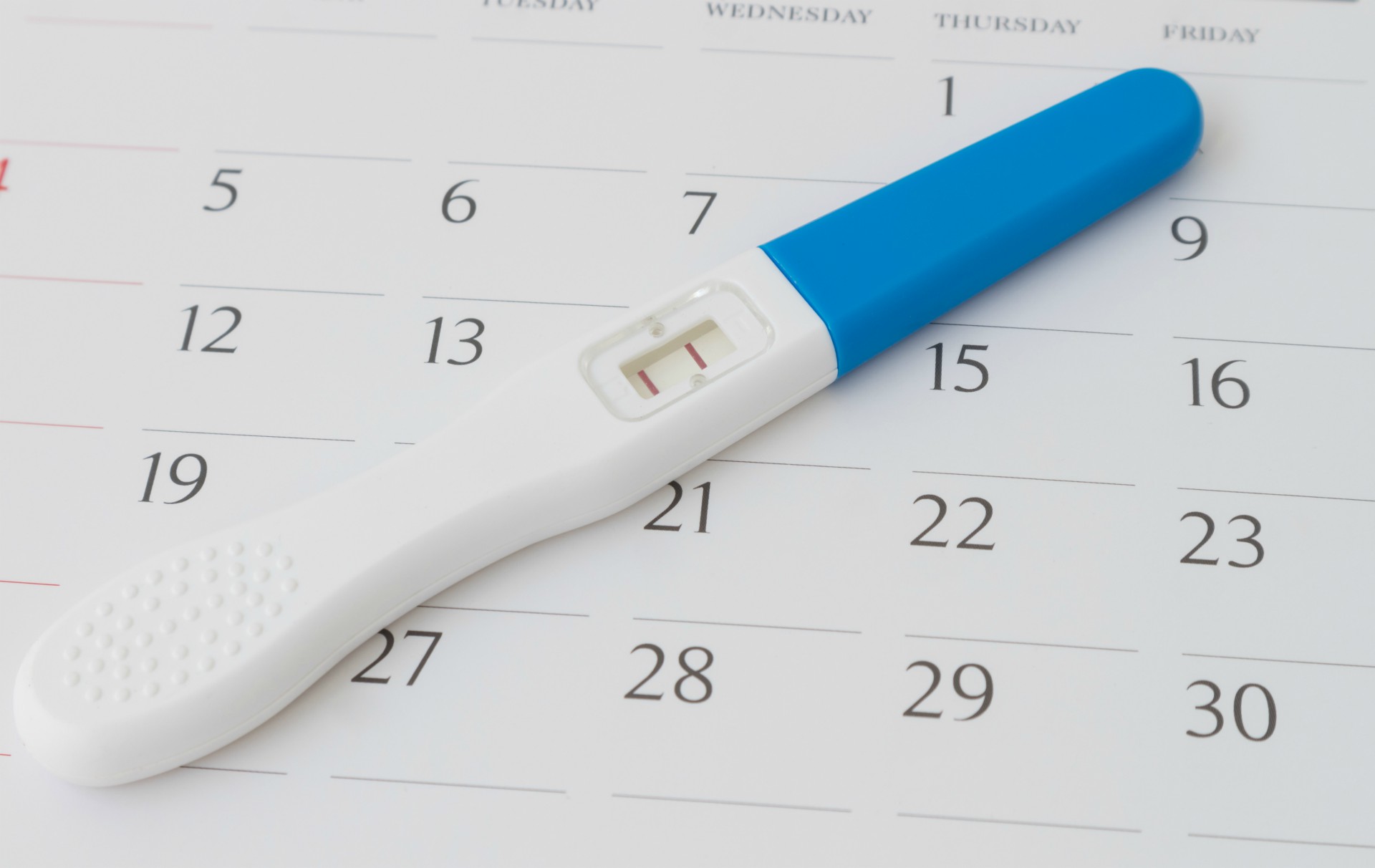When to get pregnant: the best time of year for a baby
Did you know the season your child is born in can affect its health, as well as making a big impact on you and your health too?


Once you're sure you're ready to start a family, you might want to consider when will be the best time to conceive.
Deciding when to get pregnant is a big step, not only will not only affect you at the time, but it may also affect your child throughout their life.
Of course, with so many factors affecting fertility, conceiving to a timetable can never be guaranteed, and even the most carefully calculated pregnancies may arrive unexpectedly.
However, if you'd like more information to help you choose when might be the best time for you to be pregnant, read on.

When to get pregnant: the weather
You may decide that you want a baby to be born in early autumn, so they're old for their school year, but you should bear in mind that means you'll be pregnant during the summer. Carrying a baby in high temperatures can be very uncomfortable, especially if it's during the third trimester.
Many women choose a spring baby because it pretty much avoids being pregnant during those summer months and the final trimester happens in winter, which means you'll be wrapped up anyway. Any pregnancy hot flashes will be much easier to handle when it's milder outside.
When to get pregnant: your health
Do you suffer from depression, or maybe Seasonal Affective Disorder (SAD)? If you do, then winter could be the most difficult time of year for you, so you may want to avoid having your baby at a time that coincides with that, as the hormonal changes associated with pregnancy can also affect your emotional health.
Parenting advice, hot topics, best buys and family finance tips delivered straight to your inbox.
Spring is another good option for a child, because the main cold and flu season is over by March and April, so both you and your little one will be less likely to pick up something during their very early weeks.
When to get pregnant: family situations
When does the rest of your family have a birthday? Perhaps you'd like everyone to all have their special day around the same time, or perhaps you want to space them out.
Some people think that it's better to have a child's birthday not coinciding with major holidays or events, such as Christmas, or maybe summer's better because you can go on holiday and celebrate.
All these concerns vary for all families so you can see how things might differ, depending on your situation.
When to get pregnant: check your ovulation
Trying to work out your cycle and prime ovulation dates can be a confusing and stressful process especially if your periods aren't regular.
Try and alleviate some of the stress by using an ovulation calculator. By tracking each cycle you can work out exactly when you'll be most fertile giving you the best chance at conceiving.
During that time try and get as many baby-making sessions in as possible and your chances of conceiving will be a lot higher.
Please be aware ovulation tools are there to give you the best estimate possible but we can't guarantee they will be 100 per cent accurate. Please see your GP or midwife for more information.

When to get pregnant: your work
Obviously, once you have your baby you go on maternity leave - but have you considered whether your pregnancy might be more difficult at certain times of the year, depending on your job?
If you know that your job requires you to travel more during a busy season, then you might want to avoid being in late pregnancy around then.
Similarly, if your work is influenced by the wedding industry, the summer is bound to be your busiest time and being in full bloom during July and August won't make your job any easier.
Even not having your partner around during the end of the pregnancy might be a factor, so if their career is likely to have a similar effect, think hard about when your baby is likely to be born, and whether you'll have enough support around you at that time.
When to get pregnant: your child
Depending on what season your child is born in, there are scientific patterns that show a child's health can be affected by four different factors:
- Date of conception
- Time of year of pregnancy
- What food you eat during pregnancy
- Time of year you're born
A woman's hormone levels can vary greatly during pregnancy, depending on what time of year it is. For example, melatonin, the hormone that affects how well we sleep, is influenced by temperature and light levels.
The hormone levels in a woman's body as a child is developing and is born can affect a person's health for the rest of their life.
When to get pregnant: the seasons
Spring babies
- Most intelligent
- Increased risk of asthma
- Earliest age of menopause
Asthma is on the rise and those born in spring are most at risk, potentially because viruses that affect breathing are more common at this time of the year. However, it's also said that the brightest babies are often born in springtime!
Summer babies
- Most likely to be happy
- Have fewer children
- Least likely to have grass and pollen allergies
The high pollen counts during early summer are thought to be the reason for summer-born people being less affected. Mothers will have been pregnant during early summer and antibodies form to reduce the sensitivity.
If you want to have lots of grandchildren, you should know that your baby will be less likely to have a large family if they're born in the summer months. Scientists aren't sure why, but these women consistently have fewer children.
The good news, though, is that the sun obviously has a positive effect on summer-born people, who are happier than winter-born people.
Autumn babies
- Increased risk of childhood eczema
- Most likely to be physically active
- Latest age at menopause
A 2016 study from the University of Southampton showed that children born at this time do have a higher likelihood of developing eczema, but for the most part, being born in autumn is meant to be good for health because mums will have soaked up lots of vitamin D from the summer's sunlight. Vitamin D is important for brain function and is also thought to have long-term health benefits.
Reproductive hormones are higher in pregnant women in summer, so this is thought to lead to autumn babies being born with more eggs and so having a later menopause.
Winter babies
- Tallest people
- Most likely to be grumpy
- Often left-handed
Daylight hours and an increase in vitamin D are linked to winter babies being taller, while the lack of sunshine is thought to be the reason for grumpiness. Research from Germany found that men born between November and January were also significantly more likely to be left-handed than those born during other parts of the year - but they couldn't decipher why...
Scientists have also discovered that winter people tend to be less likely to try extreme sports and prefer comfort and familiarity. Strange but true!
When to get pregnant: the best day of the year to conceive
A study conducted by the University Of Indiana, USA showed the best day of the year to get pregnant is 11th December with nine per cent of Britain's babies being born on 16th September.
It's said to be down to a number of factors: the colder weather means more people spend time with their loved ones snuggling indoors, sperm quality is much higher in colder conditions and we all know festive drinking increases your chance of some bedroom fun.
The research also showed that an extra three in every 200 pregnancies survives if conceived in December.

Jessica Dady is Food Editor at GoodtoKnow and has over 12 years of experience as a digital editor, specialising in all things food, recipes, and SEO. From the must-buy seasonal food hampers and advent calendars for Christmas to the family-friendly air fryers that’ll make dinner time a breeze, Jessica loves trying and testing various food products to find the best of the best for the busy parents among us. Over the years of working with GoodtoKnow, Jessica has had the privilege of working alongside Future’s Test Kitchen to create exclusive videos - as well as writing, testing, and shooting her own recipes. When she’s not embracing the great outdoors with her family at the weekends, Jessica enjoys baking up a storm in the kitchen with her favourite bakes being chocolate chip cookies, cupcakes, and a tray of gooey chocolate brownies.